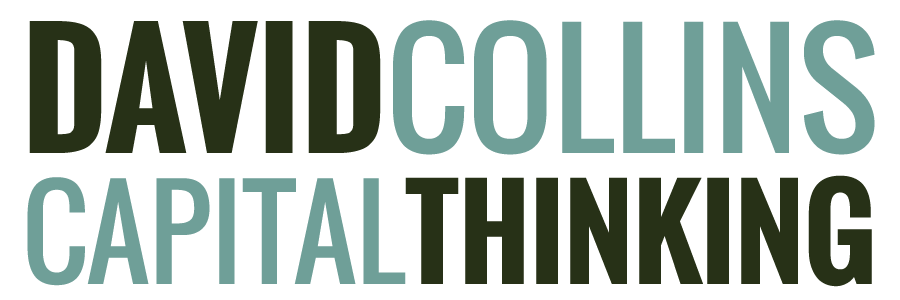Reluctantly, I am writing about Wellington City Council (WCC) again. This subject is very parochial, but sadly, my local council currently represents all that is wrong with local government in New Zealand. WCC is a basket case. New Zealand’s capital city has a water crisis. This is not because of a drought, but because 44% of our water is leaking from old pipes. Water is bubbling out of the ground everywhere. Why?
This is a story of total incompetence, where left wing woke political ideology and green fundamentalism has met the harsh realities of running a city council. Let us start with Let’s Get Wellington Moving (LGWM) and cycleways. Carparks have been removed from critical parts of business districts like Thorndon, making it difficult for customers to shop. Thorndon does not have high foot traffic, nor is it practical to buy merchandise from most of these shops when you are on a bike or travel by bus. It is hard to carry a bed on your bike.
There has been heavy criticism of cycleways, including one that was installed on a main arterial route from central Wellington to our largest suburb, Karori. Dogmatically, LGWM put the main bus stop on the road, causing daily congestion that stretches for a kilometre down the road at peak times, because the bus stops in the middle of the road. Since this cycleway has been installed, road safety has been compromised (even I have seen desperate drivers trying to pass the stationary bus), and the convenience store across the road has noticed revenue fall by up to 40%. I recently spoke to a business owner on the Golden Mile, he relies on 60% of customers coming by car. A loss of trade to him at this magnitude would be devasting if cars were removed from the Golden Mile and side streets. When she was asked about the loss of income to businesses on the Golden Mile, Mayor Tory Whanau said, “so what.” Even the liberally minded radio host Tim Dower said later, “Did I actually hear that correctly?”
Despite legal action by New World and the Thorndon Residents Association to stop a cycleway being built on another arterial route, this time heading to the motorway and beyond, WCC are determined to spend millions to install it, at the expense of safety to pedestrians, cyclists, and car owners. It should be noted, the president of the Thorndon Residents Association is a cyclist. These are anecdotal, but real examples of where ideology and a lack of common sense have overridden the realities of safety, traffic flow, and the impact on businesses.
Next are the vanity projects, including the Town Hall and the library. In a recent Listener article, “Three Waters demise leaves national and local government to fill void,” Danyl McLauchlan wrote, “The true villain in Wellington’s water saga is the city council. Every year, going back decades, it has carefully estimated how much money it needs to maintain its water infrastructure and factored this into its rates bills. And every year, it has then diverted much of that revenue into other projects. The most infamous of these is the earthquake-proofing of the town hall, the estimated cost of which has soared from $43 million to $329m – almost half the council’s entire revenue for last year. It has built a $180m convention centre and allocated another $180m to rebuild the library, $226m for bike lanes and $140m to revamp the Golden Mile retail area on Lambton Quay. Mayor Tory Whanau – who responded to the water crisis by launching a PR campaign celebrating all the time she was spending at the gym – would like to spend $32m buying a derelict cinema complex.”
Thankfully, the new minister for local government, Simeon Brown has asked WCC to explain. The mayor initially failed to respond and took over a month to reply. Thankfully, the council is now seeing some sense after pressure from central government. The mayor is obviously under pressure now to act responsibly and prioritise critical infrastructure over vanity projects, like installing water meters. As McLauchlan wrote, “There have been rumours that the government would sack the council and install a commissioner, and this may still come to pass.”
Bryce Edwards, in his summary of this matter, wrote in NZ Politics Daily, that “Wellington City Council continues to be a case study of how rotten local government has become. With the council broke, and unable to fix basic infrastructure, many are angry about Mayor Tory Whanau’s proposal to spend $32m on buying a cinema complex off the Reading Cinema Chain, so that business can use the money to earthquake-strengthen the complex on Courtenay Place. It looks like more corporate welfare.”
However, voters have narrowly voted back another Green candidate by 45 votes, following Tamatha Paul’s departure to parliament. Initially, it looked like a centrist candidate would win, but late and special votes overturned the result at the last minute. This result was once again affected by poor turnout, with only 24% of residents voting. If Wellington residents really wanted change, they needed to vote. For those who did not vote but are not happy with what is happening in Wellington, do not complain. Put up and shut up.

